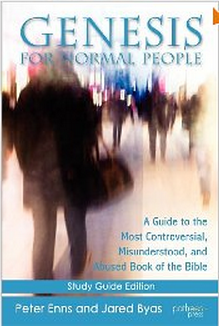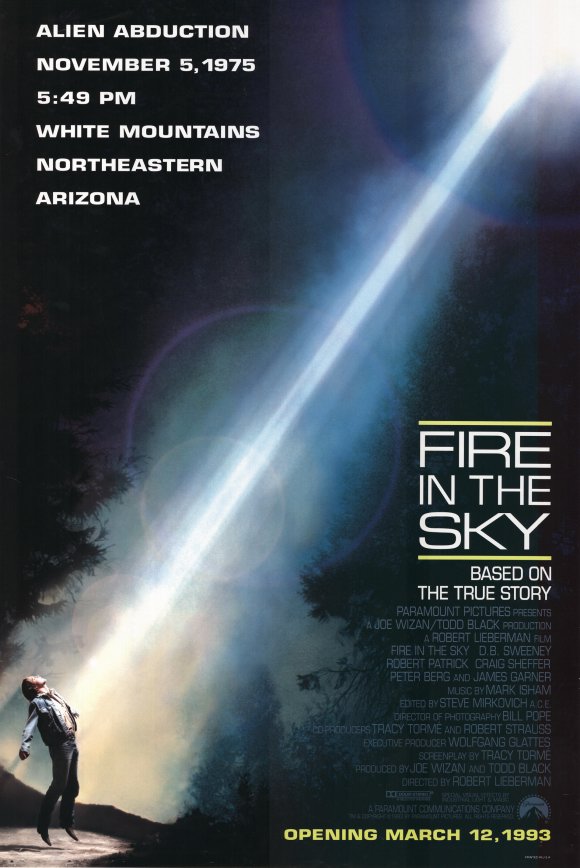Category: Cornucopia
-
And when they had sung an hymn…
Mark 14:26 records “And when they had sung an hymn, they went out into the mount of Olives.” Sometimes people have asked, did they have a hymn book? What did they sing? Israelites did indeed have a hymn book; it was called the Book of Psalms, and certain Psalms were sung on different occasions. Some…
-
Why I wear a tie to church
Not long ago, on the way to church one Sunday, my son, recently turned twelve, asked me, “Why do I have to wear a tie to church?” Instead of directly answering that question, which would reveal his parents’ rather curtailed ability to compel behavior in their almost-teenage children much earlier than I’d like and short-circuit…
-
Reproaching Jesus
It was the women who loved him who were willing to reproach him. First it was his mother: “Son, why hast thou thus dealt with us? behold, thy father and I have sought thee sorrowing” (Luke 2:48-54). She did not understand his actions, this little twelve-year old son of hers. And he didn’t seem to…
-
Maxwell Institute Announcements
Ladies and gentlemen, the new Maxwell Institute Blog is now live. Check out the announcement about the newly reconstituted Mormon Studies Review.
-

Giving Up On The Feminine Divine
Not long ago I wrote a piece about mommy blogs, feminism, and the publishing industry. My basic thesis was that if you believe in the reality of historical oppression of women, you ought to be deeply skeptical of the current trend to define gender equality as equal representation of men and women in institutions which…
-

The Case Against Scouting
I think that the Church should end its relationship with the Scouting program, but not for the reasons you might think. No, this isn’t a post about homosexuality or even about gender equity, or at least about gender equity as it usually gets discussed on this issue. Indeed, in many ways, I think that girls…
-

Study Genesis and the Gospels through Akira Kurosawa’s Rashomon, this weekend only (updated)
One issue that appears repeatedly when studying scripture is dealing with conflicting accounts and multiple perspectives. We have four Gospels that vary in detail, several creation stories, both inside the Bible (Gen 1-2:4, 2:4ff, and the scattered watery Chaoskampf account), and outside (Genesis accounts, Book of Moses, Book of Abraham, Temple), as well as two…
-
A Very Short History of Gender and Participation at Times and Seasons
Times and Seasons began life, in November 2003, as an institution where men held all leadership and speaking positions. Really! There were four of us: Adam, Matt, Nate, and me; the first post was by Adam. And we men all felt very important in our roles as T&S bloggers. In fact, we felt so important…
-
Dealing With the Problem of Men’s Participation
One issue that people seem to raise against extending priesthood to women is its effect on men. Men, the argument goes, will be less engaged in the Church if priesthood is not a male-only domain. Because this is a practical, rather than a normative, claim, it doesn’t call for a revelatory solution. Moreover, to the…
-
Dumb Reasons for Exclusively Male Priesthood
This post is a follow up to Kaimi’s thoughtful post I’m a Mormon, and I believe that women… For the record, I don’t actually “believe that women should be eligible for Priesthood ordination.” Rather, I think it would be helpful and I see no overriding reason why it shouldn’t happen. Neither do I see scriptural/doctrinal…
-

I’m a Mormon Easy Chair and I believe that women
… should not get ordained to the priesthood. I know that reasonable chairs can disagree, but as Frank’s easy chair, I know what to expect once women are ordained. Frank is going to spend a lot more time sitting on me. Probably asleep. Sure, it will start with a little story time to the kids,…
-
Book Review: Mormon Women Have Their Say
This collection of essays based on the interviews in the Claremont Oral History collection is well worth reading for anyone who wants a better understanding of modern LDS women.
-
How (Not) to Do Media
I saw two examples of church-produced media in recent weeks; one was nearly perfect in every way and the other was . . . the opposite.
-

Genesis vs. Science: Background, Readings, and Discussion
One of the problems that crops up with Genesis is its proper context, its genre, what background it should be read against (modern science or ancient Near East?) That is, modern western English readers have a particular (modern) worldview with various questions and issues. When they read Genesis, they naturally place it into that setting,…
-

Theology, Worship, and Children’s Games
I believe in theology as a kind of worship. To spend time and effort in the attempt to reason out the philosophical context for and implications of Mormon doctrine is an affirmation of the authenticity with which we embrace that doctrine. Intellectually wrestling with the angels is thus properly seen as an individual responsibility rather…
-

With apologies to President Kimball, Shorten Your Stride! Or, thoughts on running, scriptures, and pushing metaphors too far.
As I lie in bed before falling asleep, the mental inventory of the day can take a toll, inevitably a combo of Jesus’ “these you ought to have done without leaving the others undone” and Paul’s “I do not act as I mean to… the good things I intend to do, I never do.” [1.…
-
The shoe’s on the other foot
I wish that we, Mormons, especially those raised in the church, would assume that we know as little about other religions as we complain they know about us.
-
Can the IRS Forbid Tithe-Paying?
Recently, the U.S. Tax Court issued an opinion of at least glancing interest to the Mormon community (and, for that matter, any tithe-paying religious community). The plaintiff in the case is the president of Compliance Innovations, Inc. He’s also a life-long Mormon who currently serves as a shift coordinator at the Manhattan temple and a…
-

What the Church Is Not For
The hardest time of my mission, and one of the hardest time of my life, was serving as an office elder. The job was incredibly stressful. I had days that started at 4 AM and did not end until after 10 PM. The worst part of the job, however, was that there was no teaching. Neither the office…
-
Forced Testimony
And so we have a tension: the imperative to share our testimony, and by so testifying to reinforce and strengthen it, opposed to the need to keep our most sacred knowledge untarnished and protected from the cheapness of overexposure.
-

Mormonism and Secularism: Fiery Trials and Surprises
Over the last two posts I’ve outlined a view that a religion is a system of beliefs and institutions that serves to help people find meaning and make sense of the world, and that in modernity a secular religion has emerged. (I used the “scientism”, but Alvin Plantinga uses “naturalism”, that’s probably better.) I also…
-
On Scripture Changes and the Bible Dictionary(s)
I’ve had this post half written for a while, and one of the changes in the new LDS scriptures has prompted me to emerge from my cave to finish it. The introductory section to the Bible Dictionary has been rewritten with some interesting twists. The old version is still available at the “classic” scripture site, classic.scriptures.lds.org. The…
-
Giving Away Sins
Even knowing how much happier I am when I choose to give away a small sin or vice, I still hold so many of them close to me.
-
Authentic Religion, Authentic Science
My previous post centered on the special place religious institutions have historically held in human society. I argued that since religions couldn’t reliably provide public, objectively observable miracles or verify any of their claims about an afterlife, the only plausible explanation for their social capital was their ability to bridge the gap between deeply rooted…
-
Al-Ghazali, Galileo, and Pope Benedict’s Critique of Secularism
A stunning amount of what I think is wrong with the world is poetically captured in a recent article in First Things, commenting on the relationship between faith and reason on the one hand, and Christianity and Islam on the other. Unfortunately, the author captures these problems unintentionally. The difference between his perspective and mine…
-
Jerks for Jesus?
Is it possible to be a jerk for Jesus? If someone believes that God’s laws prohibit women from wearing pants to church, should they physically threaten those women? Is that an act of righteous reprimand and belief, or as a very serious overstep? If an internet writer vigorously responds to harsh attacks from critics of…
-

Lehi/Nephi. Orality, literacy, prophecy
If we think of orality and literacy not as a binary opposition but as encompassing a broad spectrum of attitudes toward and uses of the spoken and written word, then we might find that Lehi and Nephi stand on opposite sides of a fundamental shift.
-
Conference: “Beyond the Mormon Moment”
“Beyond the Mormon Moment: Directions for Mormon Studies in the New Century” A Conference in Honor of the Career of Armand Mauss March 15-16, 2013
-

Mormonism and the New Religion of Secularism
Secularism is a new religion that threatens to overwhelm traditional faiths in much the same way that Christianity and Manichaeism swept away traditional local cults almost two thousand years ago. Mormonism is far from immune to this process, but it is particularly well-suited (theologically) to adapt (culturally) and remain relevant and vibrant. If changes are made.…
